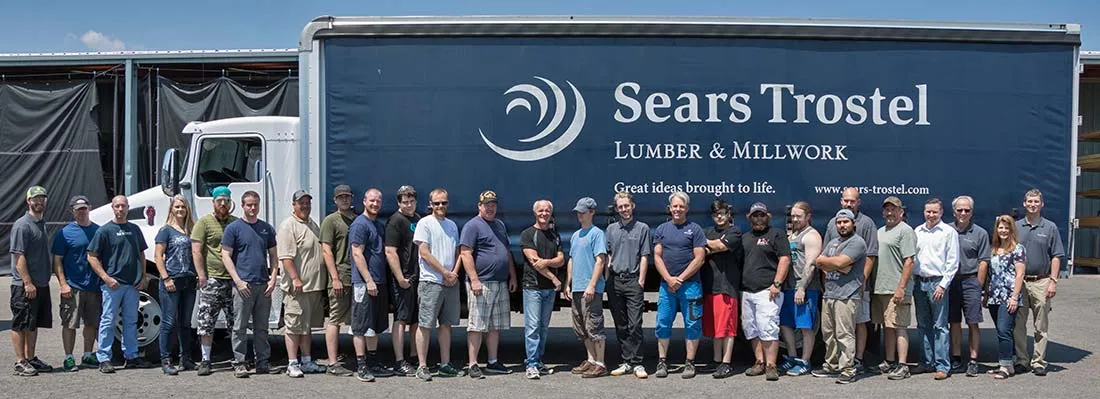Table of Contents
IN MOST CASES, all else being equal, and even when they aren’t equal, customers will buy from the salesperson they get along with best. The opposite is even more true. It is almost impossible to do business with someone we don’t connect with.
Customers know salespeople know this, are wary of “fake friendliness,” and have their guard up as we try to be friendly and get to know them.
There is a saying in Tae Kwon Do: “Simple not easy.” The simple answer in getting to know people is to act natural and be a good listener. Many sellers are too nervous, so their speech is stilted, which makes customers uncomfortable. These sellers add all kinds of fillers to their language—uhs, ums, kindas, ya knows. In addition, they use weak words—possibly, maybe, might, probably, hopefully—which don’t inspire confidence. Other sellers are only there for the order. It’s great to get down to business and not waste people’s time, but if we do it with no human touch, we will get some business but our professional competitor who knows how to add some warmth to their calls will dominate us in the long run.
Knowing when and how to ask personal questions is not easy. We have our own stylistic differences and so do every one of our customers so knowing when to ask more personal questions is a subtle skill indeed.
Piggybacking
There may be a fancy word for this, but I call it “Piggybacking.” The best time to ask any question is when the customer brings it up. Examples:
Customer: “I’m busier than heck today, what have you got for me?”
Master Seller: “That place couldn’t run without you. How long have you worked there?”
Customer: “This is a nice town we live in.”
Master Seller: “How long have you lived there?” “Where did you grow up?” “How long have you been with your company?”
Customer: “I’ve been buying for 20 years.”
Master Seller: “What did you do before that?” “Have you been buying for the same company?” “What do you like most about being a buyer?”
The Follow-Up Question
Most sellers are thinking about what they are going to say while the customer is talking. The Master Seller listens intently and thinks of a follow-up question pertaining to what the customer is talking about. Example:
Insincere Salesperson: “How was your weekend?”
Customer: “It was fine.”
Insincere Salesperson “Great. Anyway, I’ve got a great deal on 2×4…”
Master Seller: “How was your weekend?”
Customer: “It was fine.”
Master Seller: “What did you do?”
Customer: “Spent some time with my family.”
Master Seller: “What did you do?”
Customer: “We took the kids to an amusement park.”
Master Seller: “Great. How many kids do you have?”
From here the Master Seller can ask about the kids, their ages, what they do outside of school. Once we get a customer talking about their family, the possibilities for questions are limitless.
The Weather
Larry King wrote a book titled How to Talk to Anyone, Anytime, Anywhere. I read it because I wanted to improve my conversational skills. My biggest take-away was talking about the weather. Larry said it’s like magic; people love to talk about the weather. I started doing it and it was amazing! Once we get people talking about the weather we can easily segue into other conversations.
What Do You Do for Fun?
I have asked this question for years. It sometimes takes people aback, but they always answer. The options for good follow-up questions are endless.
But I Don’t Know Anything About
Fishing/Hunting/Baseball…
We don’t need to know anything about our customer’s passion, we just need to show a sincere curiosity about it. I’ve never been hunting in my life, but I know a fair bit about hunting because many of my customers are avid hunters and love to talk about it.
The key to connecting with customers is being a relaxed, sincere listener and asking good follow-up questions.









